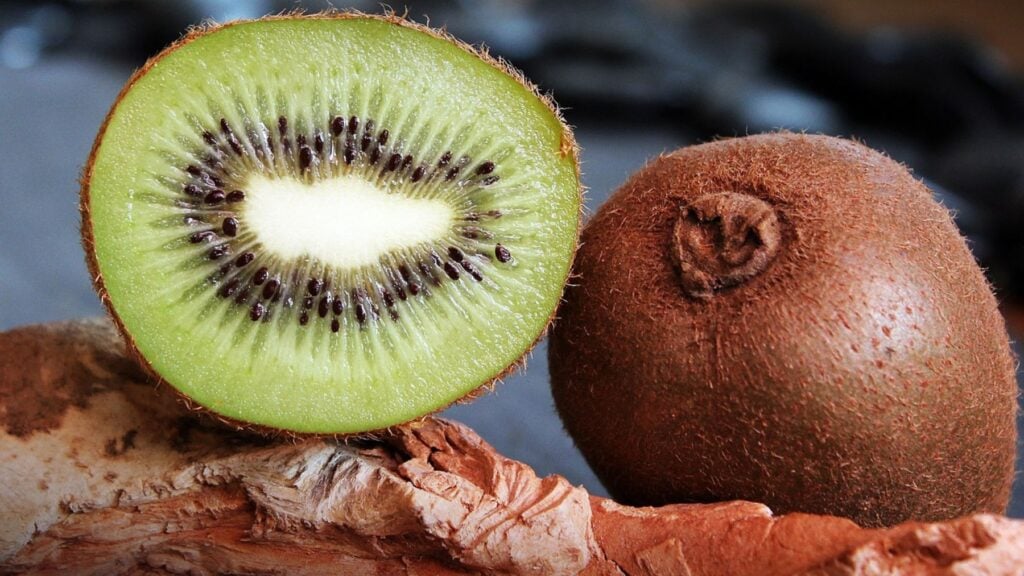When most people think of protein, foods like chicken, eggs, and beans often come to mind. But did you know that fruits also come with a protein punch? Although they generally contain less protein than other foods, some varieties stand out for their higher protein content and impressive nutrition profiles.
Registered dietitian Allison Herries, RDN, highlights the importance of protein for building muscle, producing hormones, and supporting overall health. Most active individuals need around 0.54-0.9 grams of protein per pound of body weight daily, and these fruits can provide a tasty boost to help you reach that target.
1. Guava
Guava is at the top of the list as one of the highest-protein fruits. A single cup of guava offers 4.21 grams of protein. It’s also an excellent source of vitamin C, providing over 400% of the daily value, which supports immune health and collagen production. For a tropical twist, try slicing guava into yogurt or blending it into a smoothie with protein powder.
2. Blackberries
Packed with antioxidants and fiber, blackberries deliver 2 grams of protein per cup. They’re also rich in vitamins C and K, which contribute to immune function and bone health. Pair blackberries with Greek yogurt or mix them into a protein-rich smoothie.
3. Avocado
Unlike most fruits, avocados are known for their creamy texture and savory flavor. A medium avocado provides 4.01 grams of protein, along with healthy fats, fiber, and vitamins E and C. Use avocados as a spread on toast or mix them into salads and grain bowls.
4. Pomegranate
Pomegranate arils, or seeds, contain 2.9 grams of protein per cup. They’re also loaded with antioxidants that combat inflammation and support heart health. You can sprinkle pomegranate seeds over salads, yogurt parfaits, or oatmeal.
5. Apricots
Fresh apricots provide 2.31 grams of protein per cup, while dried apricots have an even higher amount with 4.41 grams per cup. Rich in beta-carotene, apricots support eye health. Add dried apricots to trail mix for a high-protein snack on the go.
6. Jackfruit
This tropical fruit is unique not just for its size but also for its versatility. A cup of jackfruit provides 2.84 grams of protein. Use unripe jackfruit as a plant-based meat substitute in tacos or curries, or blend ripe jackfruit with protein powder for a naturally sweet smoothie.
7. Kiwi
Kiwis may be small, but they’re mighty when it comes to nutrition. A cup of kiwi contains just under 2 grams of protein and is packed with vitamins C and E, and fiber. Slice kiwis over oatmeal or enjoy them as a refreshing snack alongside cheese or nuts.
8. Passion fruit
Passion fruit offers 2.2 grams of protein per 100 grams and comes with antioxidants, including carotenoids and polyphenols. Its tart flavor pairs well with sweeter fruits in smoothies or yogurt bowls. You can also scoop out its seeds and mix them into high-protein dishes.
9. Cherries
Cherries may not top the protein charts, but they still provide a decent 1.63 grams per cup. They’re also rich in antioxidants that help reduce oxidative stress. Add cherries to chia pudding or enjoy them simply as a snack.
While fruits aren’t typically high in protein, options like guava, avocado, blackberries, and jackfruit can still contribute to your daily needs. Pair these fruits with other protein-rich foods like nuts, seeds, or Greek yogurt. By incorporating these high-protein fruits into your meals and snacks, you can enjoy their health benefits while meeting your protein goals.
